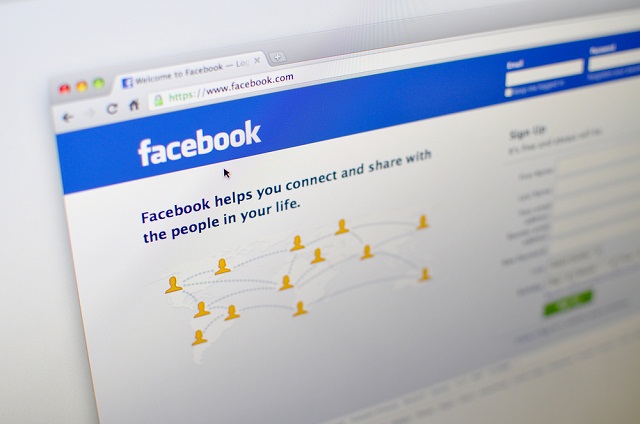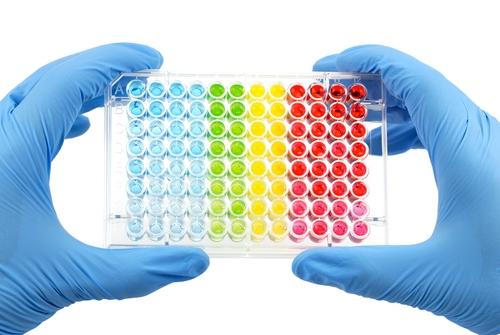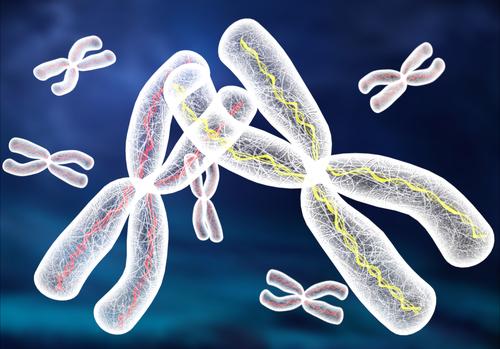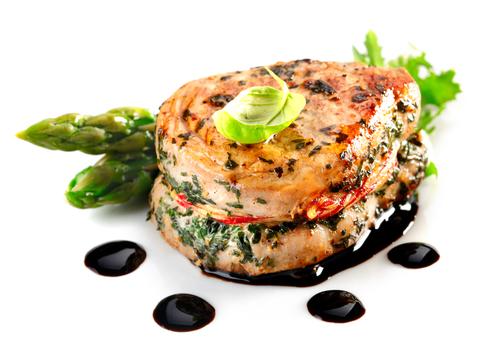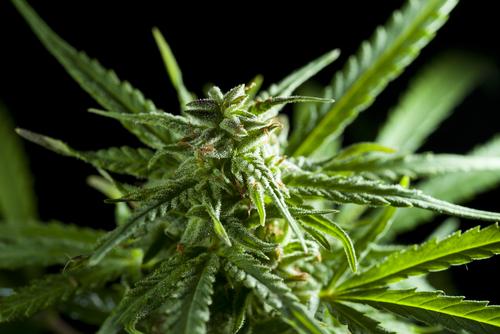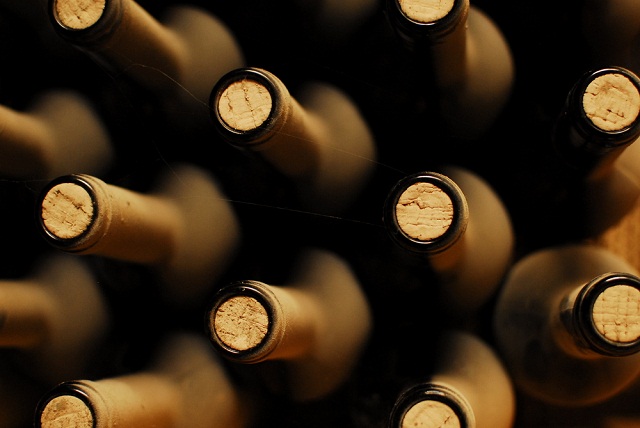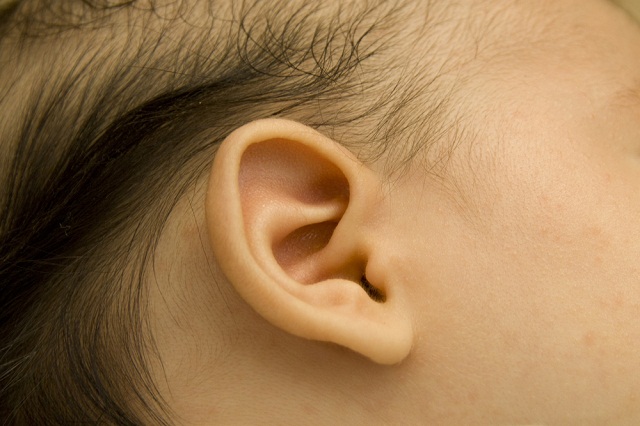Orion Jones
Managing Editor
Get smarter, faster, for success in the knowledge economy. Like us on https://t.co/6ZFWKpoKLi or visit https://t.co/d7r7dG2XOq
E la Carte has made its Presto tablet better able to withstand heavy usage, and included nifty features like an LED light that changes color according to table status.
Launched yesterday, the Netpage app lets users save and share content directly from magazine pages to their online networks. Their first partner: 80-year-old Esquire.
Fake profiles, fake pages, fake likes: All of them create problems for the world’s largest social network, which bases its credibility on the ability to gather together real people and data.
The move coincides with the recent arrest of a gang of youths suspected of being behind a wave of attacks on homeless men in the city.
To fulfill the need for labor in its growing oil industry, the country is actively searching for workers from English-speaking countries, putting special focus on the US.
The controversial tax, which increased prices for high-fat foods by as much as 9 percent, was introduced a year ago in an attempt to address the country’s growing obesity problem.
In its annual World Energy Outlook, the International Energy Agency forecasts that the US will lead the world in oil production starting around 2017, a shift with far-reaching domestic and international implications.
Currently American football is the nation’s 20th favorite sport, below sailing and Formula 1. The league hopes to bring it into the top 10 via several different approaches.
Changing how we think of the brain may provide novel insights into how it actually works. By mapping larger patterns in brain biology, scientists could imitate the processes with machines.
Glen Pettigrove, a philosophy lecturer at the University of Auckland, argues that anger works on the ‘smoke detector principle,’ sounding more false alarms than true ones.
As architects understand more about the brain, they may be able to design space that facilitates learning and growth, perhaps even space that helps treat neurological diseases.
A new type of cell created from existing mouse and human embryonic stem cell lines are beginning to show promise in treating neurodegenerative diseases such as Alzheimer’s.
Neurological research shows that brains process auditory information ten times faster than visual cues, but our ability to truly listen is being put at risk by digital distraction and information overload.
University of Washington scientists have successfully removed the extra copy of chromosome 21 from a culture of cells taken from a person with Down syndrome, opening possibilities for new treatments.
Ferran Adria, head chef of the El Bulli restaurant, surprised the culinary world by closing down his establishment at the height of its popularity. Now Adria is back with a new idea.
Colorado and Washington passed ballot on Tuesday legalizing the consumption and cultivation of marijuana, allowing researchers to better study its effects on public health.
A new business venture aims to simplify what it calls a bloated and confusing pharmaceutical industry by selling low-dose over-the-counter medicine packets for problems like headaches and insomnia.
New research suggests that learned traits, such as developing a nicotine addiction, can affect an individual’s sex cells, meaning the health effects are passed down through generations.
Weeks before a major UN conference is scheduled to take place in Qatar, young people will hit the streets in more than a dozen countries across the region.
A new report from some of Britain’s leading institutions warns of the implications involved in a “superhuman” workplace where productivity enhancements are encouraged…or required.
By taking advantage of existing clips stored on a DVR, it lets users design entirely new videos featuring a particular character or plot line.
If everyone’s aware of everyone else’s energy footprints, will that create social pressure to create lasting change?
As of yesterday, Amazon Wine offers 1,000 choices and can send them to people living in those states where it’s legal to receive alcohol by shipment.
Starting today, the mobile wallet app allows you to pay for that grande skinny mocha whatsis at 7,000 US locations.
A study published today describes how scientists were able to power a transmitter using the electrochemical potential found in a guinea pig’s cochlea.
The electric gearshift works by receiving signals from a smartphone app, allowing it to calculate the best gear to use in a given location.
Preliminary results from a study done at a UK primary school with two humanoid robots show that these children respond better to the robots than to adults or to other children.
Georgia Tech spinoff company TechJect has created an unmanned aerial vehicle that, in size, appearance and actions, resembles a dragonfly. Applications for its use range from gaming to military intelligence.
The first-ever study of climate change’s impact on wild coffee crops shows that Coffea arabica, prized for its genetic diversity, could be extinct within 70 years.
Now that a second Obama presidency is assured, the agency expects to reveal its progress towards fulfilling the administration’s space travel mandate.


